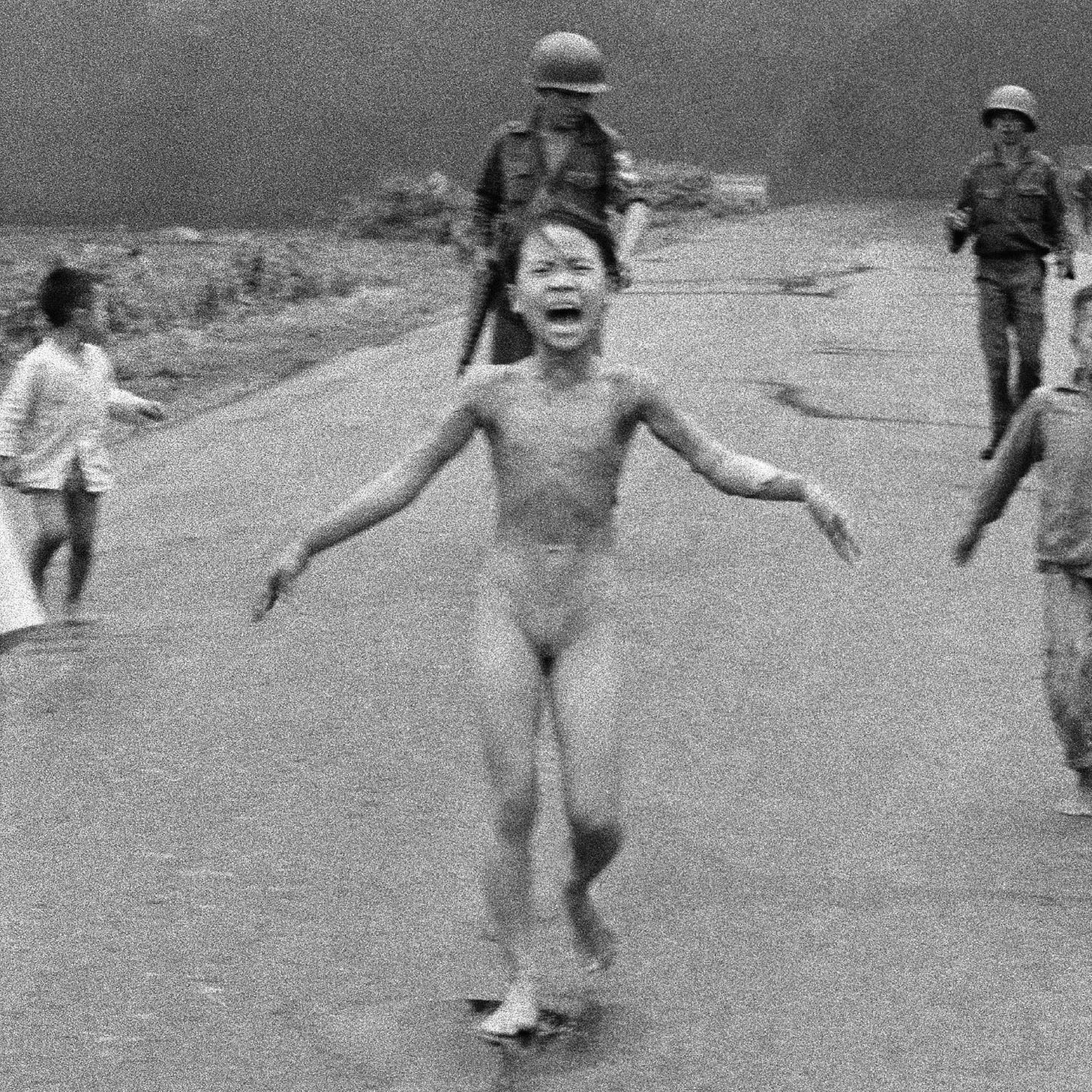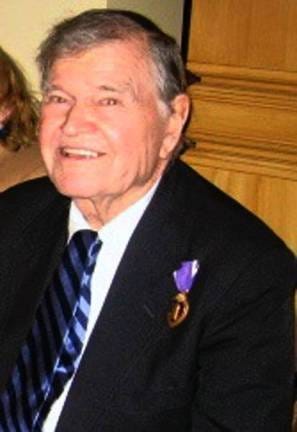The Great War and Modern Memory
Paul Fussell; Oxford University Press, 2000; 382 pp.
Austria-Hungary declared war on Serbia on July 28, 1914, but it was Britain’s entry that turned a Balkan skirmish into the First World War. That occurred one week later, after Belgium’s neutrality was violated.
I read many of the new histories published during 2014, timed to coincide with the one hundredth anniversary of the beginning of the war. These benefit from new research and greater distance from the conflict. But an older work still stands out: Paul Fussell’s critique of English writing about trench warfare, The Great War and Modern Memory. The book won the National Book Award and the National Book Critics Circle award in 1976, and in 1998 was placed on the Modern Library’s 100 best non-fiction books published since 1900, an endorsement of its enduring meaning and relevance.
I first read The Great War nearly fifteen years ago and found it to be an interesting appraisal of English literary output right after the war. When I re-read it in 2014, I could not believe that I’d missed the anger. It was the same with Catch-22 and Slaughterhouse-Five: funny the first time, seeing incandescent authorial rage the second time. I think it’s called growing up.
Fussell wants to strip away the myth of war as a worthy and honorable enterprise. He excoriates European leadership during the Great War, but any reader can see that his real target is all politicians who oversee great military forces and unhesitatingly send millions to their deaths, without having lived through the horrors of war themselves.

“Millions” may surprise some readers in the United States. Are there not “only” 58,286 names on the Vietnam Memorial? Did not “only” 4,425 American servicemen die in Iraq? There are and they did, and each of those deaths deserves to be mourned. But these are the dead who are at least memorialized and in their own way celebrated. Erased from the memorials and the memoirs and the Oscar-winning films are the Vietnamese and Iraqi and Afghanistani dead, who were mostly civilians.
***
Paul Fussell was born in Pasadena, California, and was later conscripted into the Second World War as a young American on the Western Front. From an interview: "An officer in the infantry during the last months of the war, Fussell saw and experienced the incompetence of American ground troops, the stupidity of their battle plans, and the utter, inexpressible horror of battle. He saw that only the least educated, poorest, or least fortunate soldiers ended up in the infantry, where many were killed unnecessarily. The war turned Fussell into a skeptic and an ironist; his project ever since has been to pick apart Americans' cheerfully euphemistic and nostalgic take on history."
In another interview, Fussell elaborates on war and irony: “[War is] ironic because everybody believes that life is pleasurable… To have public life shot through with that kind of optimism and complacency is the grounds for horrible, instructive irony when those generalities prove not true. War tends to prove them not true.”
Fussell, Heller and Vonnegut were all grunts in the Second World War. In reaction, the latter wrote brilliant fictional satire; but Fussell did something that I believe is harder to do -- he produced a nonfiction satire.
***
The Great War is an elegiac investigation of how the war, and specifically the brutal trench war on the Western Front, was remembered by English soldiers of a high literary bent. Most of these writers—Sassoon, Graves and Owen, for example—achieved canonical status.
On the scaffolding of literary criticism he hangs a history that is described elsewhere as “lousy history”. But you and I will not remember The Great War for the history. We will remember it for the monument to irony it is—for much of the book is an extended analysis, and an equally extended evisceration, of the clichés that surround our understanding of war. Fussell’s thesis is that almost all of these clichés were spawned by, and in, the Great War.
Fussell wields the English language here like a scalpel and there like a sledgehammer, but always there is an ironic sense of the towering injustice; that the death of two stiff necked Austrian aristocrats sent eight million young men and women to a brutal end, and set off a chain of further events that leads through Auschwitz and Dien Bien Phu to the present day evils that beset Ukraine and the Middle East.
Almost every page brings a mind-expanding turn of phrase or a new lens on a former verity. A few examples:
Every war is ironic because every war is worse than expected. Every war constitutes an irony of situation because its means are so melodramatically disproportionate to its presumed ends (L142-143).
One did not have to be a lunatic or a particularly despondent visionary to conceive quite seriously that the war would literally never end and would become the permanent condition of mankind (L977-979).
Is there any way of compromising between the reader's expectations that written history ought to be interesting and meaningful and the cruel fact that much of what happens -- all of what happens? -- is inherently without "meaning"? (L2400-2401).
The most obvious reason why "theater" and modern war seem so compatible is that modern wars are fought by conscripted armies, whose members know they are only temporarily playing their ill-learned parts (L2661-2662).
We may conclude that, as Francis Hope has said, "In a not altogether rhetorical sense, all poetry written since 1918 is war poetry." Seen in its immediate postwar context, a work like The Waste Land appears much more profoundly a "memory of the war" than one had thought. (L4516-4518).
***
For a modern reader tracing Fussell’s description of the execrable Field Marshal Haig sending soldier after soldier to certain death across the grim trench landscape, political leaders of our time come repeatedly to mind—usually desk jockeys, having weaseled their way to draft deferment after draft deferment, yet in their time of power calling down war on and by the innocents, leaving their successors to extricate America from yet another disastrous entanglement.
Fussell scythes through their ilk. He writes of Haig: “one powerful legacy of Haig's performance is the conviction among the imaginative and intelligent today of the unredeemable defectiveness of all civil and military leaders” (L211-212). Indeed.
***
The United States has the greatest concentration -- by far -- of military power in human history. And now, with the invention of death-dealing autonomous vehicles in the air, land and sea, we can extend this power without risking American lives (historically that has been a brake on our excesses).
The American people need to be utterly vigilant about permitting our leaders to use our military power, as we have built a compelling fact pattern of not using it well.
That limp phrase, "not using it well", doesn't remotely begin to capture the extraordinary misery we leave in our wake. Our invasions of Vietnam and Iraq were amongst the worst tragedies in human history.
War is a transcendent evil. We need to remember history; and The Great War, a masterfully disguised polemic, helps us remember.








